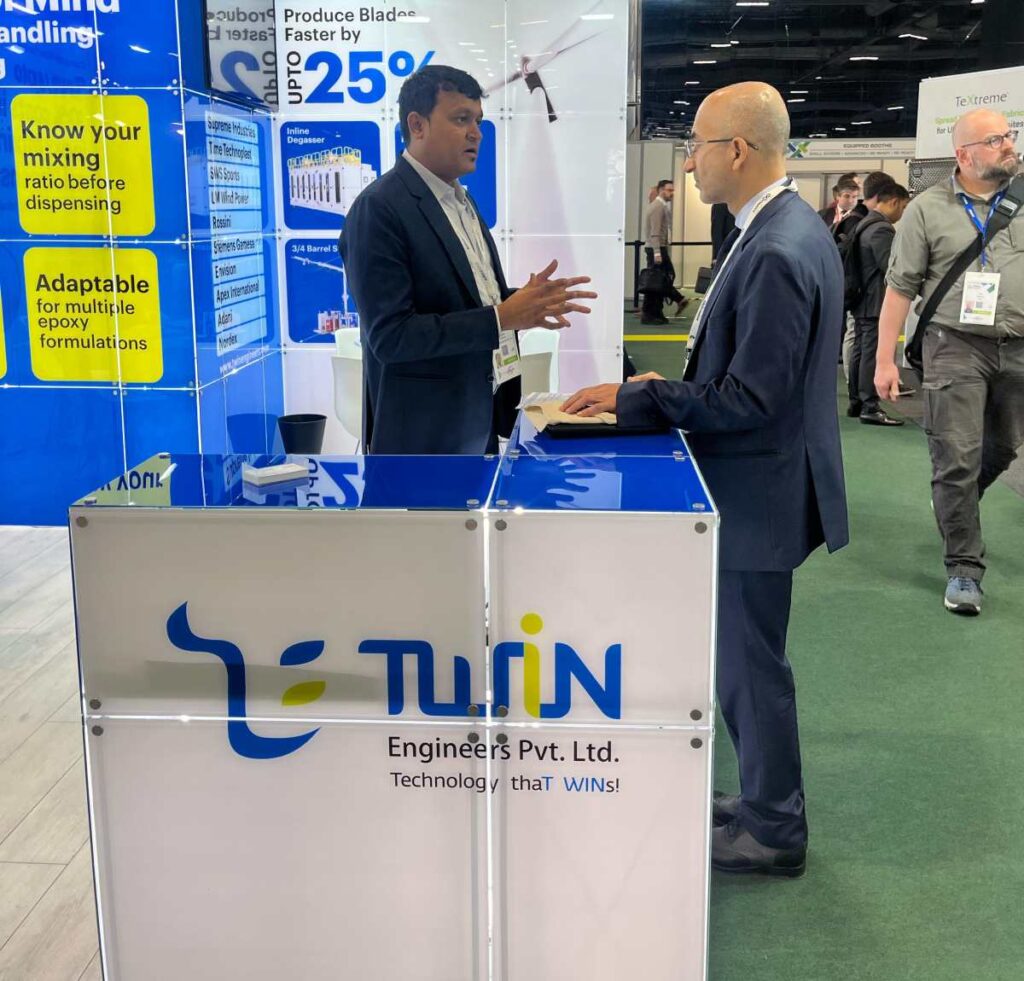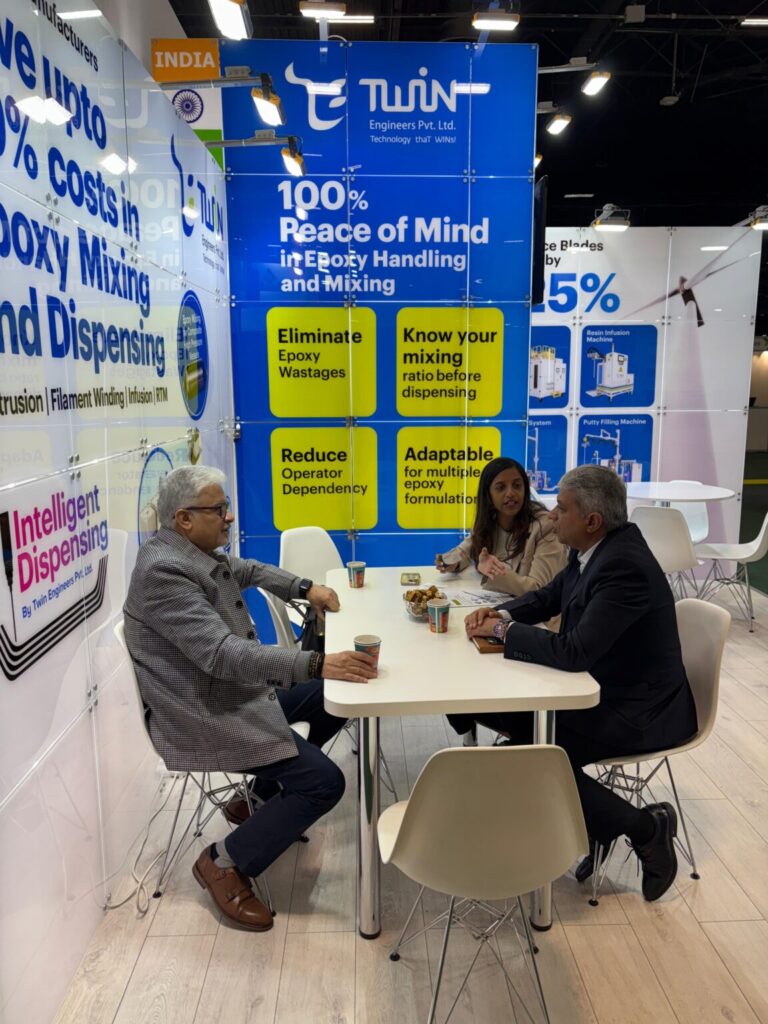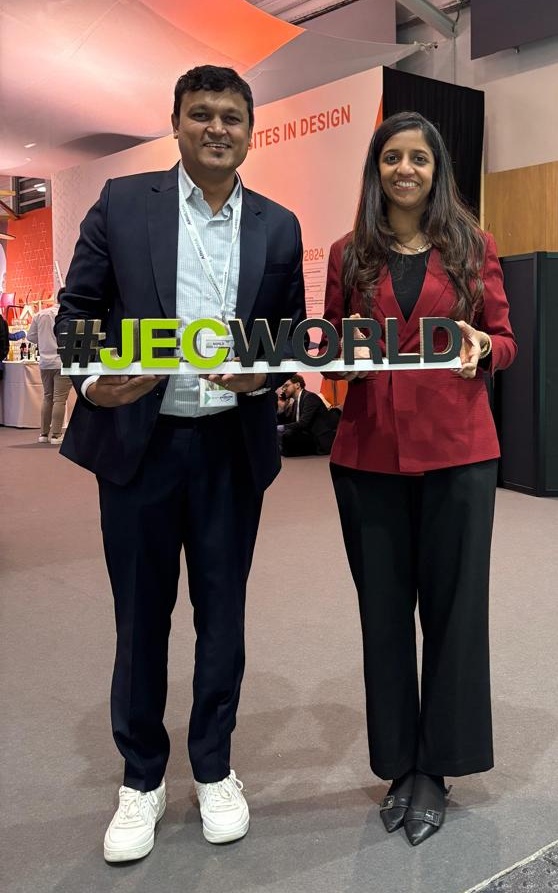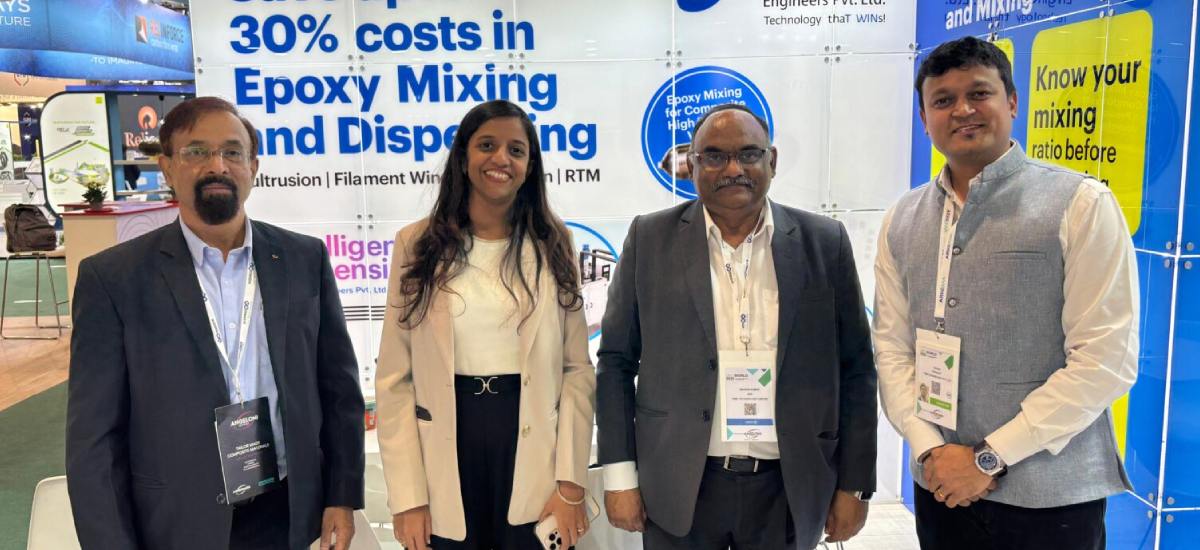Sanchita was raised in an environment where equal opportunities for girls weren’t just encouraged—they were expected. Her parents made it clear that if she had the passion and ability, there was no limit to what she could achieve. This foundation made it easier for her to step into the engineering field, which, at the time, had very few women in the workforce. It never seemed difficult for her to pursue this path because she had been raised to believe that the only thing that mattered was capability. “If you can do it, go for it,” her father always said to her. And that’s exactly what she did.
As a child, Sanchita had never planned to be in business, but life had different plans for her. Growing up, she was always curious about how things worked, how money was made and how brands were built. Her father always told her opportunities didn’t come knocking twice — you either grabbed them or regretted them. Those words stayed with her. Growing up, she was fortunate enough to be inspired by him, who developed one of the first epoxy mixing and dispensing machines in India for composites. “His vision and commitment to creating groundbreaking solutions continues to be the source of energy for my passion in engineering”, she says. “It showed me that anything was possible.”

“My journey as a second-generation entrepreneur in the composites industry has been transformative. It has been about the power of empathy, innovation and a drive to change the narrative,” Sanchita says.
Marrying a fellow entrepreneur was key to managing work and life. “Raising 2 children while building a business had its challenges,” she admits, “but with a supportive partner, it became much easier. We share responsibilities and encourage each other’s ambitions every step of the way”.
The company of which she is director, Twin, made history as one of the first Indian companies to develop epoxy mixing and dispensing technology for composites. But that achievement didn’t come without risks. Establishing the brand, proving their technology and gaining trust in an industry that had never seen such innovation were significant challenges, Sanchita explains.

However, being a woman helped her succeed, she realised. “Being a woman in this field gave me an edge—one I didn’t realize would make such an impact,” she confides. “Being the only woman in the room often meant my voice stood out. It wasn’t about trying to dominate conversations; it was about bringing a perspective that was often missing—bringing empathy and care to the table. In a world that tends to be transactional, where business deals are often cold and impersonal, I found that showing genuine human connection and understanding made all the difference. People appreciated that we weren’t just interested in striking deals; we wanted to build meaningful, long-lasting partnerships based on trust,” she details.

Sanchita emphasises that this approach—empathy and attention—has directly enabled the company to understand customers’ needs and develop solutions to meet them: “Our team’s ability to solve problems and innovate—like developing the first online degasser for resin infusion in wind blades, for saving costs of epoxy and labour by at least 40% for pultrusion and filament winding—has been a direct reflection of this approach. We’ve been able to push boundaries and explore new frontiers in the composites industry because we understood that empathy, combined with technical excellence, creates the space for true innovation”.
“For me, empathy isn’t just a feeling; it’s a strength. It’s the ability to truly understand the needs of the people you work with and create a space where everyone feels heard, respected and valued. In the heavy engineering world, where the focus is often just on the technical, it’s easy to overlook the human side. But it’s that human connection that helps lighten the load and builds the foundation for growth,” she explains.
Sanchita believes that being a woman and showing empathy should take Twin far: “Looking ahead, I believe the best is yet to come. We have only scratched the surface of what women can bring to this industry. There’s so much more to accomplish, especially in creating a more inclusive, human-centered world for engineering. The future is full of possibilities, and as women, we have the power to shape it,” she beautifully concludes.

